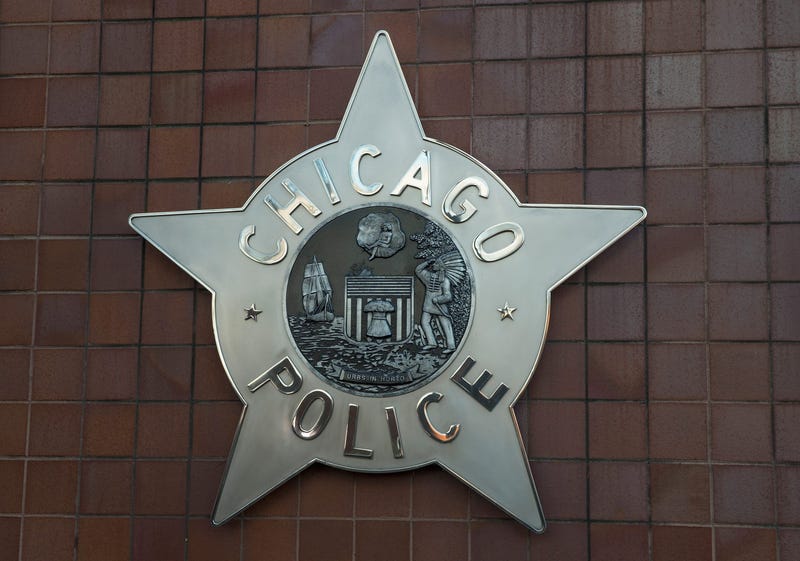
CHICAGO (WBBM NEWSRADIO) -- The Illinois Supreme Court ruled Thursday that misconduct records related to Chicago police officers that are more than five years old must be preserved.
The court on Thursday ruled that the need to preserve the records outweighed a section of the collective bargaining agreement between the city and Fraternal Order of Police that mandated the destruction of police misconduct files after five years, the Sun-Times reports.
The ruling stems from a lawsuit from the FOP, the union representing rank-and-file officers, that argued the city violated their bargaining agreement by failing to destroy the records. View the ruling here.
At the crux of the lawsuit was section 8.4 of the agreement, which reads:
“All disciplinary investigation files, disciplinary history card entries, Independent Police Review Authority and Internal Affairs Division disciplinary records, and any other disciplinary record or summary of such record other than records related to Police Board cases, will be destroyed five (5) years after the date of the incident or the date upon which the violation is discovered, whichever is longer.”
The case eventually went to an arbitrator, who found in favor of the FOP.
According to the Sun-Times, the city appealed the ruling in Cook County Circuit Court and won. The state appellate court agreed, and the FOP eventually appealed to the state supreme court.
In its ruling Thursday, the state supreme court said: “We find that the arbitration award violated an explicit, well-defined, and dominant public policy. The appellate court was therefore correct when it affirmed the judgment of the circuit court vacating that award. Accordingly, the judgment of the appellate court is affirmed.”
Mayor Lori Lightfoot expressed support of the higher court’s decision on Thursday, saying true legitimacy cannot be possible if disciplinary records are hidden.
"That's entirely the right decision. First of all, it would violate existing law under the local records act. But, more to the point, for way too long we have not been as transparent as we need to be in this city. We have to have accountability and legitimacy, and that can't come if we hide from the public documents that underscore what has happened with disciplinary investigations and records in our city. I think the Supreme Court made entirely the right decision. It was something I supported years ago when this issue first was litigated...It is the right thing to do. We must maintain those records and we must be transparent about what's in them," Lightfoot said.
